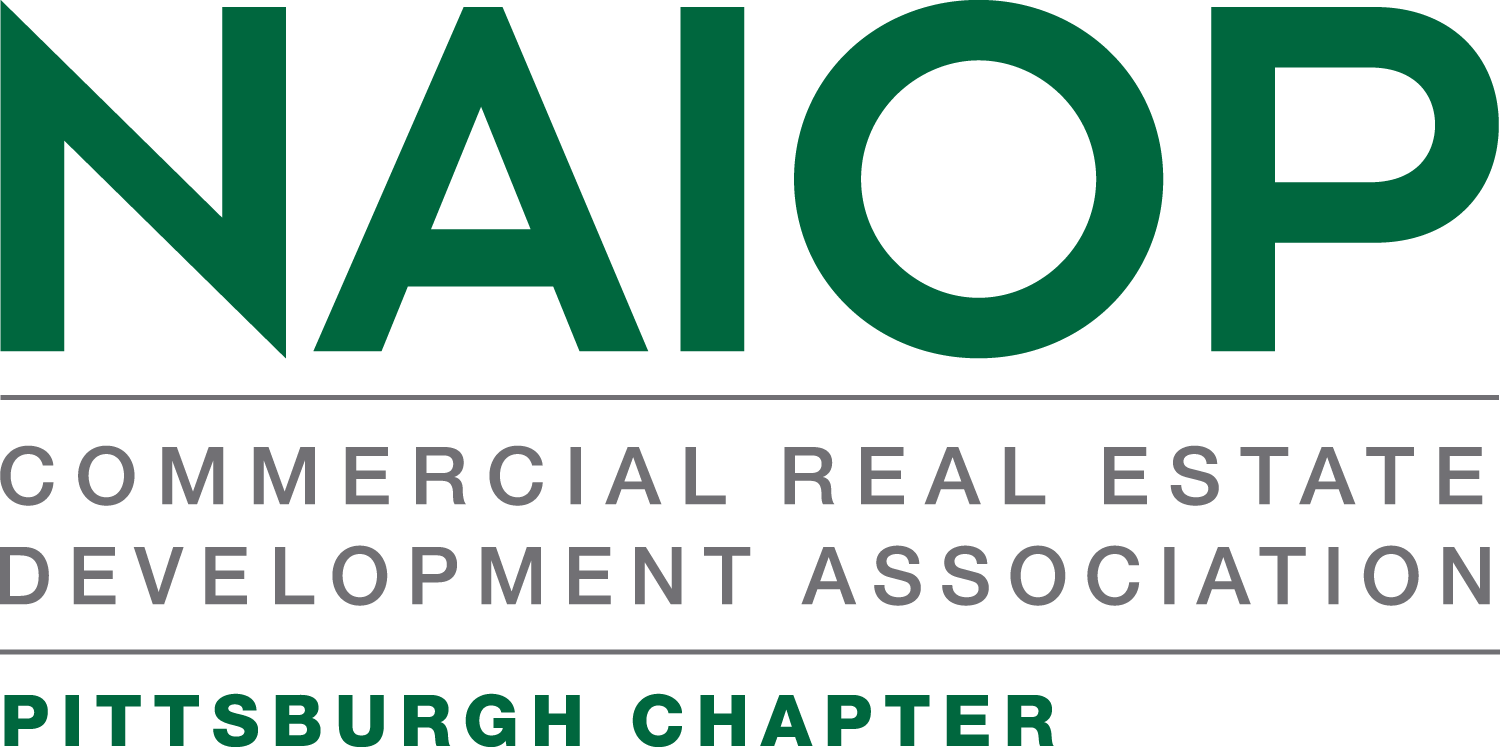NAIOP Pittsburgh Blog – 2018 Technology Report: Pittsburgh is not the Next Silicon Valley, but Something Else
Pittsburgh’s technology environment is different than any other market in the world and it is showing no signs of slowing down. Exclusive industry data and insights in JLL’s new 2018 Pittsburgh Technology Report illustrates the uniqueness of the city’s growth.
Tobiah Bilski
Senior Research Analyst
JLL Pittsburgh
In the past five years, Pittsburgh has seen significant commercial development growth around the urban core. Ultimately driven mainly by top universities like Carnegie Mellon University (CMU) and the University of Pittsburgh (PITT) the technology growth in the region is being fueled by an increasing population of young talent.
In 2010, there were 279 technology companies in Pittsburgh. That number has since grown 77% to 495 companies located in the region today. These companies, which include those in Information Technology, Life Sciences, Advanced Manufacturing, Advanced Materials, Environmental Technology, Energy Technology and Robotics, are producing a surge of activity. Although Pittsburgh historically has been viewed as a blue-collar Rust Belt city, five of the top six most valuable technology companies in the world have a growing presence in Pittsburgh. In addition to the big names in the industry, the tech environment is also different. The blue-collar tradition of the city mixed with the limited exposure to capital fosters a unique breed of companies.
Robotics Lead the Way
One sector driving the regional economy is robotics. According the PRA’s investment scorecard, in 2017, the sector emerged as the most active sector in southwestern Pennsylvania for the first time ever with 59 investment announcements. It was also the leading sector for job generation, bringing more than 1,800 new jobs to Pittsburgh.
Of the 59 investment announcements made last year in the greater Pittsburgh region, 51 took place within the city. The autonomous vehicle industry is heavily concentrated in the Strip District and Lawrenceville. This emerging “Robotics Row” area is responsible for 20% of the announcements.
University Collaboration is Key
Pittsburgh’s technology industry is also being driven by the 31 four-year public and private colleges/universities in the city and surrounding counties. Most notably, the University of Pittsburgh (PITT) and Carnegie Mellon University (CMU) are supplying the industry with top talent.
The collaboration between these two universities is a big differentiator from other tech hubs. Since the early 2000s, PITT and CMU have joined forces to expand the region’s bioscience industry. Today, CMU is the leading computer science university in the world and PITT ranks within the top three of NIH-funded research institutes.
Looking Ahead: Building Pittsburgh
For the first two quarters of 2018, 72.7% of technology industry office leasing took place in the urban core. In fact, at the end of Q2 2018, there were over 600,000 square feet of technology requirements in the market. In the third quarter, one of those requirements landed. Facebook signed for the entire 105,000 square-foot District Fifteen in the Strip District.
When selecting office locations, there are several aspects technology companies must consider:
Pittsburgh’s labor market is highly competitive, with unemployment rates at 4.4% for June 2018. Location plays an important role in exposure, recruitment and retention.
While proximity to the universities and amenities matter, so do the area’s existing tenant mix and reputation.
Certain neighborhoods appeal to specific types of technology companies. However, once a company starts recruiting across the country, emphasis on the look and feel of the actual workplace overrule specific neighborhood preferences.

